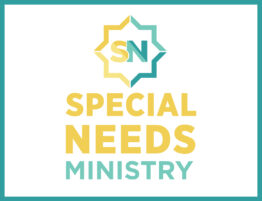
Sex and relationships are hot topics in youth work at the moment, and rightly so, when we see the mixed messages, confusing feelings and myriad questions that young people are dealing with every day. But for young people with additional needs, this topic is often one that is considered to be irrelevant for them, even though they are often grappling with the same issues as their peers, and more. The topic of sex and relationships is just as relevant for young people with additional needs as for anyone else, so here’s the ‘Additional Needs Blogfather’ guide on how to support the young people you’re working with to get the answers and support they need.
Jasmine* is now an autistic adult, but looking back at her teenage years she recognizes how being autistic caused real problems for her regarding sex and relationships, problems that continued into her married adult life:
“I have autism. I was woefully unprepared by family and church for the reality of physical relationships. As an autistic young person, I didn’t pick up on the subtleties that other people spoke in. So I didn’t pick any knowledge up from school. My family, single mum also likely to be autistic and a Catholic turned evangelical, was far too ashamed to speak about such matters. Church only made sex out to be something to be ashamed of. Something bad, something to be avoided at all costs. Rules I could follow but they didn’t prepare me for the emotional battle I would have to fight with myself when I met my boyfriend—now my husband.

